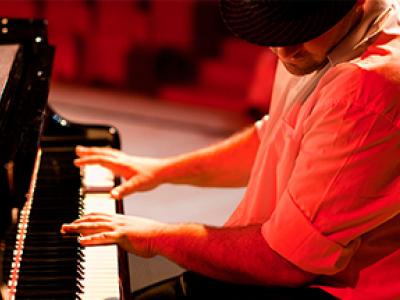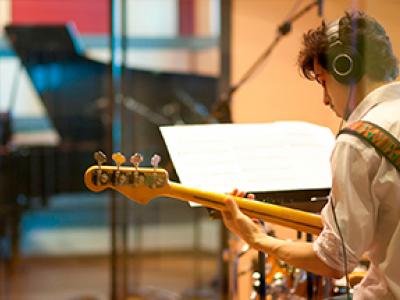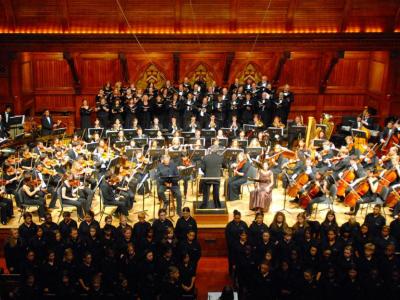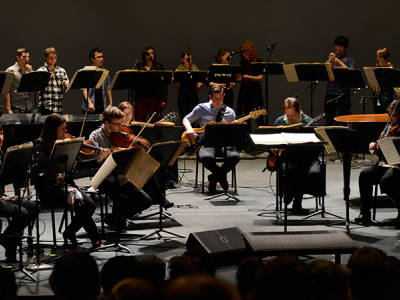What does a Program Director (Performing Arts Education) do?
There are hundreds of decisions that go into shaping the character of any performing arts education program. Which genres and pieces will students learn to perform? What kinds of instruction will be offered? How much time will students spend in the classroom and how much out of it? And, perhaps most importantly, what will students gain, both in terms of skills and resources, by the time they graduate from the program? Program directors help educational institutions to answer these questions while designing and implementing a unified educational approach based on the institute's principles—as well as their own.
This is a senior position that requires many years of teaching experience in the arts.
Whether their student body consists mostly of primary school beginners, conservatory-level young adults, or people of a wide range of ages and experience levels, program directors are constantly working to make their educational programs the best they can be. This generally means overseeing course offerings, guiding the creation of curricula, hiring and evaluating teachers, allocating the department's budget, and seeking out and negotiating exciting performance, collaboration, and employment opportunities for students and graduates. If they have time, program directors try to stay in contact with the needs of the student body and might even teach classes or private students themselves.
At a Glance
Program directors are senior arts educators who have backgrounds as performers and artists, as well as experience in management and administration. Most program directors start out as teaching artists. They may also work as university professors, higher-education administrators, or nonprofit artists. While many program directors are hired to lead already existing educational programs, some found and helm their own educational institutes or nonprofits. Success as a program director might come by securing increased funding, allowing the purchase of new materials or the expansion of the program to new areas.
Program directors typically work for private schools, public schools, larger public school districts, community arts programs, or private arts education institutes. Those who work for individual public or private schools might be called department heads, while those who oversee public school districts are called district supervisors and are generally promoted from among the district's best music, dance, or drama teachers. Jobs that aren't filled internally are generally posted on conventional job listing websites and through arts education listservs and professional organizations.
- Leadership
- Teaching
- Creating curricula
- Budgeting
- Networking
- Personnel management
- Public speaking
- Written and verbal communication
- Organization
Good program directors have a wealth of teaching and performing experience to draw on when establishing a curriculum and evaluating teaching staff; they understand teachers' challenges and concerns and look for ways to make their work easier while also holding them to an exacting standard. Program directors must also be detail-oriented and flexible, meticulously maintaining and fine-tuning their programs while keeping an eye out for opportunities to grow.
Program directors do most of their work within normal business hours in an office setting, but that doesn't mean their schedule is rigid. The office work may be broken up by classroom visits, meetings, and work-related trips. For example, program directors in public school districts (usually called district supervisors) frequently travel from school to school to check on classroom implementation of their curricular policies. Similarly, program directors of higher-level performance programs (e.g., a conservatory program with an emphasis on world music) often travel to establish new performance and cultural exchange opportunities.













